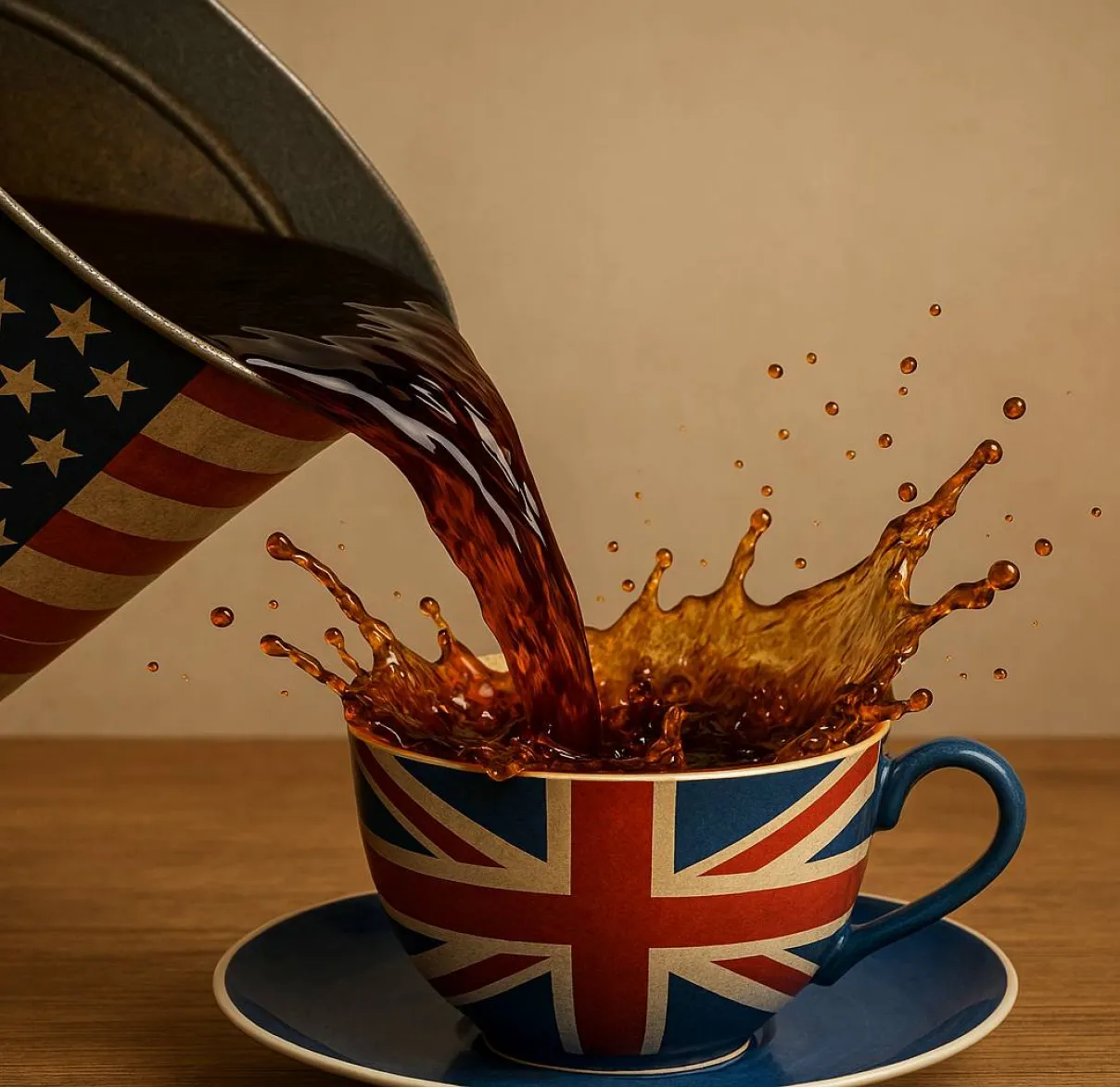The vibes are bad for the UK economy, yet its stock market is smoking
It’s been one miserable tiding after another for the UK this year. Yet Rathbone UK Opportunities Fund manager Alexandra Jackson notes the FTSE All-Share has shrugged off the malaise to post one of its best starts to the year in three decades.

The vibes are bad for the UK economy, yet its stock market is smoking
The UK government seems under siege, with bond yields at multi-decade highs, economic growth slow and concerns rising about the state of the public finances. And yet the FTSE All-Share is having one of the best year-to-date runs of the past 30 years, up almost 15% to 31 August.
Despite all the doom and gloom, UK equities have defied expectations this year – a reminder that markets often move ahead of the headlines. While UK investors remain cautious about government debt and inflation, overseas investors have swooped in. Looking for alternatives to high-valued and concentrated bets in the US, they are no doubt attracted by the low valuations on this side of the Atlantic.
Dollar weakness has eroded most of the gains in US indices for UK investors so far this year: the S&P was up almost 11% to 31 August in dollars, but just 2.7% in pounds. Yet it has worked the other way for US investors in Britain: they have made almost 25% in dollar terms investing in the FTSE YTD. That’s got to lead to some FOMO for US managers without a UK allocation.
When you invest your capital is at risk and you could lose some or all of your investment. Past performance should not be seen as an indicator of future performance.
Does UK doom and gloom match the reality?
The UK economy has had more than its fair share of pessimism thrown at it. While there are problems, it seems overdone. While growth has slowed here after the widespread US tariffs were announced in April, economic strength appears to have ebbed everywhere, including in the US where jobs growth has fallen off a cliff. It’s notable that no country has been able to match the UK’s 10% tariff level, leaving Britain in a decent position to weather this trade war.
The UK is struggling with higher public borrowing and greater deficits after the pandemic upset. But so is virtually every other advanced nation. Britain is bang in the middle of the pack on government finances. Not only that, but much of political angst here is precisely because the UK is one of the few nations actually facing up to this problem with tax cuts and attempts to cut spending. The IMF expects the UK’s deficit will narrow in the coming years as opposed to many of its peers.
With the US Federal Reserve widely expected to cut interest rates in the coming months to support the American economy, global growth could continue to tick over. S&P Global revised up its 2025 global GDP forecasts on the back of strong second-quarter data, though it cautioned that the tariff-jumping boost might fade as front-loading effects unwind. If growth holds up and the UK’s Office for Budget Responsibility doesn’t need to downgrade its economic forecasts as much as feared then it could mean fewer nasty surprises in the form of higher taxes. UK Inflation has broken upwards recently, but if that starts to ease again it should make it much easier for the Bank of England to cut rates to boost the economy.
With so much focus on the negatives, there’s every chance that the UK will surprise on the upside on some of these issues, whether public finances, growth or company earnings. There are fantastic UK companies trading at extremely low valuations for little reason. Many of them make most of their money overseas, too, so are ignored for irrelevant concerns about the UK economy itself. I will be discussing these opportunities with Rathbone Income Fund managers Alan Dobbie and Carl Stick, and renowned finance columnist Merryn Somerset Webb at our Investor Morning on 4 November.
If the glum mood about the UK lightens even a little, how much more could the UK market rise?



